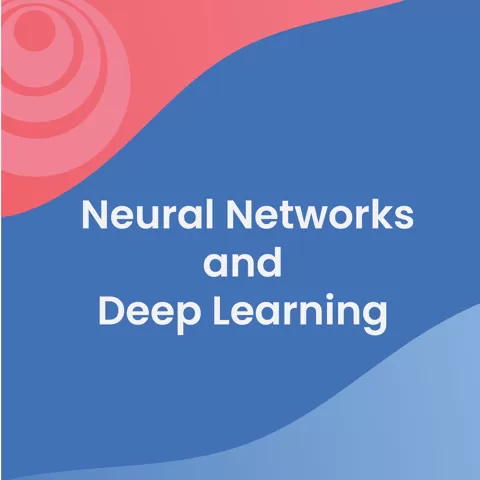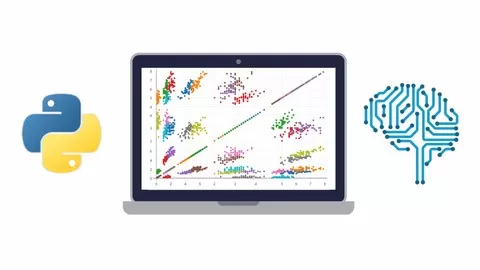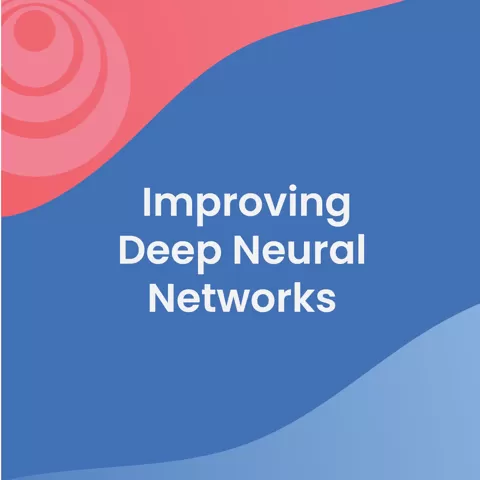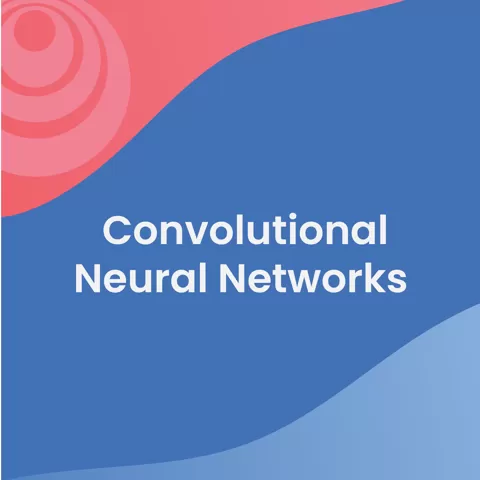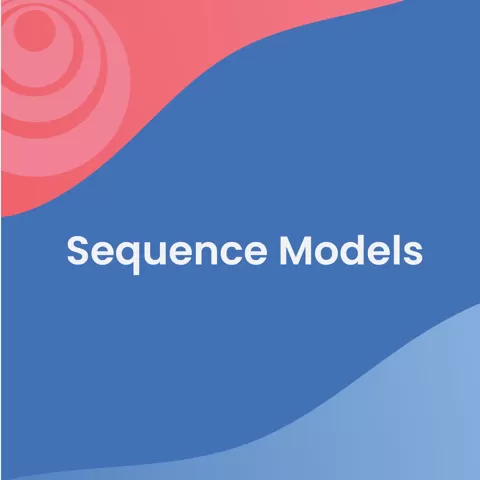Welcome to Feature Engineering for Machine Learning, the most comprehensive course on feature engineering available online. In this course, you will learn about variable imputation, variable encoding, feature transformation, discretization, and how to create new features from your data.
Master Feature Engineering and Feature Extraction.
In this course, you will learn multiple feature engineering methods that will allow you to transform your data and leave it ready to train machine learning models. Specifically, you will learn:
•How to impute missing data
•How to encode categorical variables
•How to transform numerical variables and change their distribution
•How to perform discretization
•How to remove outliers
•How to extract features from date and time
•How to create new features from existing ones
Create useful Features with Math, Statistics and Domain Knowledge
Feature engineering is the process of transforming existing features or creating new variables for use in machine learning. Raw data is not suitable to train machine learning algorithms. Instead, data scientists devote a lot of time to data preprocessing. This course teaches you everything you need to know to leave your data ready to train your models.
While most online courses will teach you the very basics of feature engineering, like imputing variables with the mean or transforming categorical variables using one hot encoding, this course will teach you that, and much, much more.
In this course, you will first learn the most popular and widely used techniques for variable engineering, like mean and median imputation, one-hot encoding, transformation with logarithm, and discretization. Then, you will discover more advanced methods that capture information while encoding or transforming your variables to improve the performance of machine learning models.
You will learn methods like the weight of evidence, used in finance, and how to create monotonic relationships between variables and targets to boost the performance of linear models. You will also learn how to create features from date and time variables and how to handle categorical variables with a lot of categories.
The methods that you will learn were described in scientific articles, are used in data science competitions, and are commonly utilized in organizations. And what’s more, they can be easily implemented by utilizing Python’s open-source libraries!
Throughout the lectures, you’ll find detailed explanations of each technique and a discussion about their advantages, limitations, and underlying assumptions, followed by the best programming practices to implement them in Python.
By the end of the course, you will be able to decide which feature engineering technique you need based on the variable characteristics and the models you wish to train. And you will also be well placed to test various transformation methods and let your models decide which ones work best.
Step-up your Career in Data Science
You’ve taken your first steps into data science. You know about the most commonly used prediction models. You’ve even trained a few linear regression or classification models. At this stage, you’re probably starting to find some challenges: your data is dirty, lots of values are missing, some variables are not numerical, and others extremely skewed. You may also wonder whether your code is efficient and performant or if there is a better way to program. You search online, but you can’t find consolidated resources on feature engineering. Maybe just blogs? So you may start to wonder: how are things really done in tech companies?
In this course, you will find answers to those questions. Throughout the course, you will learn multiple techniques for the different aspects of variable transformation, and how to implement them in an elegant, efficient, and professional manner using Python. You will leverage the power of Python’s open source ecosystem, including the libraries NumPy, Pandas, Scikit-learn, and special packages for feature engineering: Feature-engine and Category encoders.
By the end of the course, you will be able to implement all your feature engineering steps into a single elegant pipeline, which will allow you to put your predictive models into production with maximum efficiency.
Leverage the Power of Open Source
We will perform all feature engineering methods utilizing Pandas and Numpy, and we will compare the implementation with Scikit-learn, Feature-engine, and Category encoders, highlighting the advantages and limitations of each library. As you progress in the course, you will be able to choose the library you like the most to carry out your projects.
There is a dedicated Python notebook with code to implement each feature engineering method, which you can reuse in your projects to speed up the development of your machine learning models.
The Most Comprehensive Online Course for Feature Engineering
There is no one single place to go to learn about feature engineering. It involves hours of searching on the web to find out what people are doing to get the most out of their data.
That is why, this course gathers plenty of techniques used worldwide for feature transformation, learnt from data competitions in Kaggle and the KDD, scientific articles, and from the instructor’s experience as a data scientist. This course therefore provides a source of reference where you can learn new methods and also revisit the techniques and code needed to modify variables whenever you need to.
This course is taught by a lead data scientist with experience in the use of machine learning in finance and insurance, who is also a book author and the lead developer of a Python open source library for feature engineering. And there is more:
•The course is constantly updated to include new feature engineering methods.
•Notebooks are regularly refreshed to ensure all methods are carried out with the latest releases of the Python libraries, so your code will never break.
•The course combines videos, presentations, and Jupyter notebooks to explain the methods and show their implementation in Python.
•The curriculum was developed over a period of four years with continuous research in the field of feature engineering to bring you the latest technologies, tools, and trends.
Want to know more? Read on…
This comprehensive feature engineering course contains over 100 lectures spread across approximately 10 hours of video, and ALL topics include hands-on Python code examples that you can use for reference, practice, and reuse in your own projects.
REMEMBER, the course comes with a 30-day money-back guarantee, so you can sign up today with no risk.
So what are you waiting for? Enrol today and join the world’s most comprehensive course on feature engineering for machine learning.

